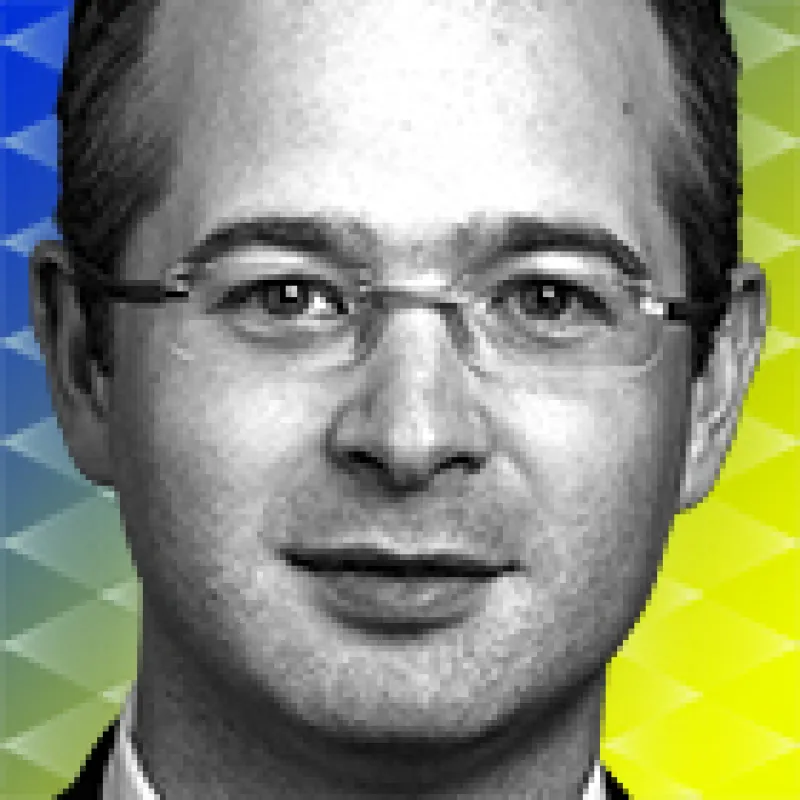
The 2015 All-Europe Research Team: Economics, No. 1: Mark Wall & team
Notching its fourth consecutive appearance at the top of this slate, the Deutsche Bank team of four is now directed solely by London-based Mark Wall.
February 18, 2015


